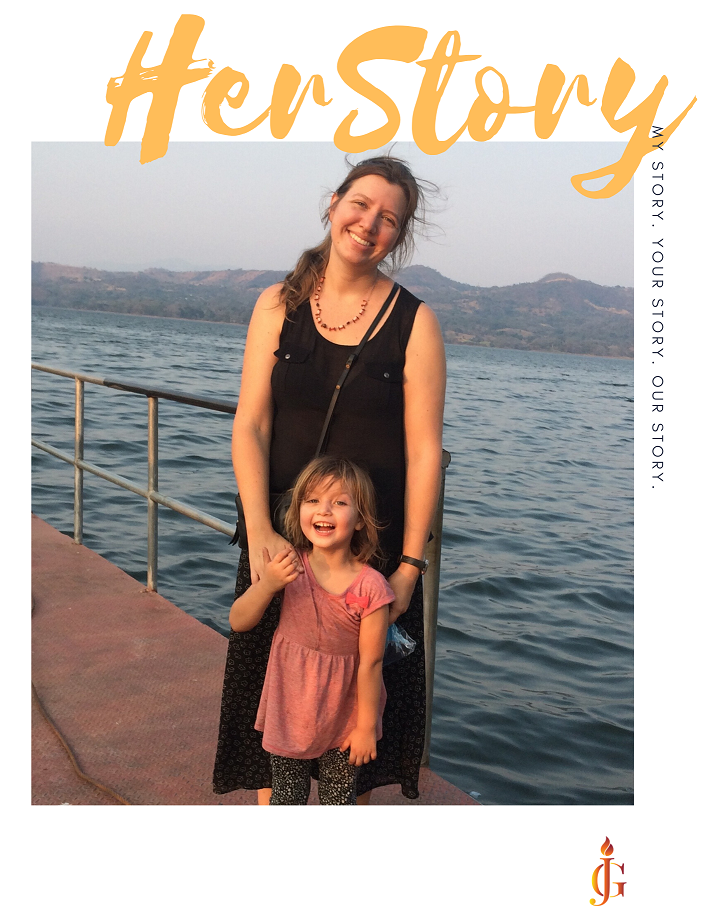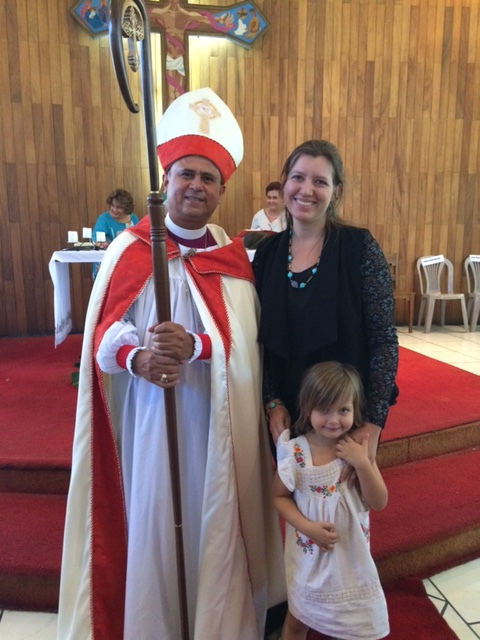11 Mar Lessons In Compassion

By Anna M.A. Stracey
I graduated from NYU a semester early back in 2003 and decided to spend a few months traveling outside my normal comfort zone. I didn’t have a clear destination in mind, so when a friend suggested I visit Panama, I purchased a ticket without any further research.
With my extremely limited Spanish, I chose a small hotel with an in-house travel agency who booked flights for me to different locations throughout the country and a taxi tour of Panama City. The city was modern and beautiful with new construction everywhere I looked; this was not the “developing world” city I had expected.
During a visit to Bocas del Toro on the Caribbean coast, I quickly made friends with other travelers and locals, some of whom I still keep in touch with, who directed me to interesting sites to visit. One of these, a “locals only” area about half a mile out of town, consisted of a row of homes built on stilts over the water. At first I thought it simply beautiful, but as I got closer I saw barefoot children climbing on and picking through piles of trash. When I recounted what I’d seen later that evening and began crying, one of the travelers told me to keep my crocodile tears to myself. His response made me furious. And while I had graduated with no direction or career goals, in that moment I knew my purpose was in helping others.
Soon after, in a weird twist of fate, I met a journalist whose photographer had just quit and so I spent a year and half traveling through South America photographing his motorcycle and local people and places for a British motorcycle magazine. I learned Spanish along the way.
I’d known nothing about South America. As I traveled through Ecuador, Peru, Bolivia, Chile, Argentina, Uruguay and Brazil, this continent that had been a giant block of sameness in my mind’s eye was discovered to be full of uniqueness. The biggest surprise was the beauty and modernity of Santiago, Chile and Buenos Aires, Argentina. However, poverty was always found at the edges of these cities. People living in rundown homes and shanty towns. Skinny horses tied up at the roadside. Children in torn clothing.
As much as the beauty of the places stuck with me, so did the social issues that accompanied it. I was struck by how similar these exotic places were to the United Sates, including these social issues.
In 2014 I helped start a Montessori school in Amatapec, El Salvador, an impoverished community just outside of the capitol city of San Salvador. I traveled there several times on my own and even moved there with my four-year-old daughter for the final three months of the project. Friends told me I was crazy to be working in “violent” El Salvador–and even crazier to bring my daughter.
The truth is that the more I traveled, the more I realized we are all basically the same. Salvadoran friends would regularly point out that for all of the murders in their country, there were more in Chicago in the same period of time. As I traveled back and forth between the U.S. and El Salvador, I began seeing so many parallels. Poverty at the edge of any urban area is much the same in the United States as it is in El Salvador or Argentina or Brazil.
My daughter attended the Montessori school I founded and began learning Spanish. We stayed with a local family and lived like locals during our time there. That included living without running water for a week—and no hot water for the entire time we were there; water heaters are a luxury.
We had limited access to foods we take for granted here; there were no grocery stores in the community, only small tiendas (stores) and roving trucks selling produce. Our hostess would prepare one beautiful mid-day meal of fish soup or grilled meats with rice, and we would eat leftovers for dinner or buy a papusa (a thick, stuffed flatbread) from a local street vendor. My daughter was always fed, but I often went to bed hungry.
For me the experience was exhausting. For my daughter it was full of excitement. She played and lived like a local child and made friends easily with local kids. They played in the street together and rolled in laughter together even though they did not speak the same language. It was easy for her, and I realized how adaptable children truly are to any situation.
Our hostess’s brother passed away during our trip, and we attended his funeral. A priest helped my daughter climb on the gravestones of the deceased man’s nieces and nephews as we watched the family tomb opened and his coffin slid inside. We bought roasted corn from a vendor in the cemetery before we headed back home through the stifling heat.
Every experience there was different and somewhat difficult–but new and interesting, as well. When we returned to Florida, I was both thankful to be home and also sad to be leaving a simpler yet far more difficult lifestyle. My daughter still speaks fondly about her time in El Salvador.
Those experiences showed me how much work needs to be done right here in my own backyard. I’ve since earned a Master’s degree in Global Sustainability and worked as an early childhood development specialist and social worker for homeless families. Now I work to help deserving agencies receive the money they need to serve their communities.
From my first experiences in Panama to my time in El Salvador, I was acutely aware of the experiences of children in poverty. I’ve learned that I don’t need to justify my tears or my passion to anyone—and anyone who questions my motivation is not worth my time.
I learned quickly that I cannot and will not change the world: It’s simply outside of my abilities to stop trash from piling in front of homes or feed every child in need of a meal.
But I can care. And I can follow my passion to be the best human being I can be.
For more HERStory information, check out our Facebook Page and LinkedIn Page and subscribe to our newsletter below.
We want to hear your story. Your story is my story. Help us empower other women by sharing your story.

Anna Stracey is an educator, grant writer and compassionate human being. Born in Toronto, Canada, she received her Master’s degree in Global Sustainability from the University of South Florida and now lives in Florida, where she dedicates her time to caring for her daughter and trying to make the world a better place for all people.

No Comments